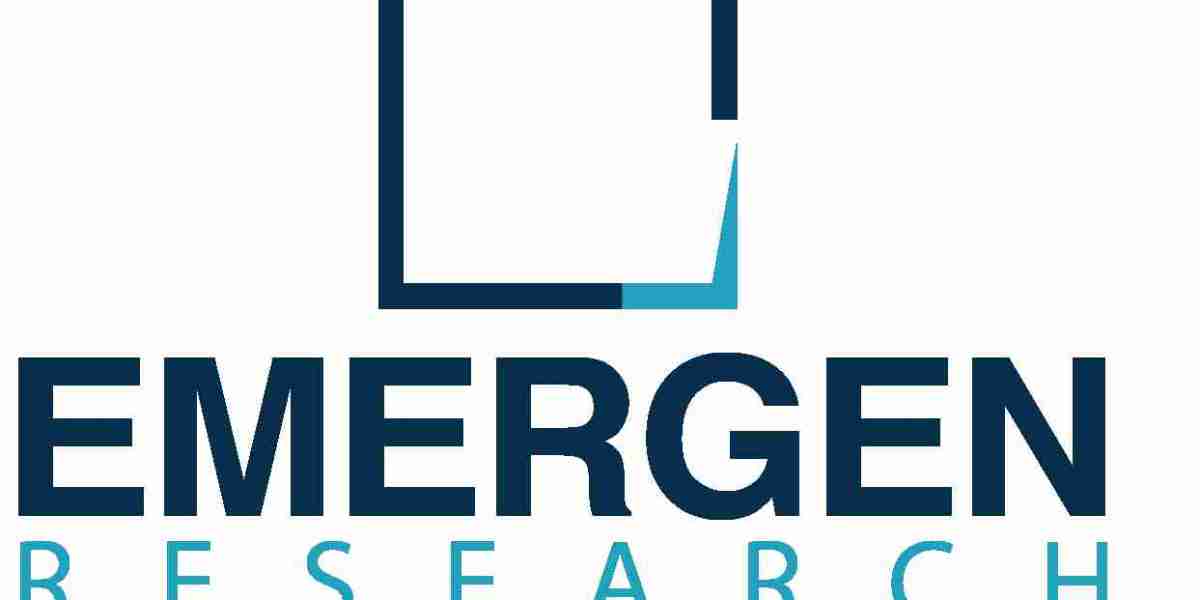Introduction
Medication management services play a pivotal role in ensuring the safe and effective use of medications by patients across various healthcare settings. One notable provider of such services is Consulate Health Care, a leading healthcare organization committed to delivering high-quality patient-centered care. In this article, we will delve into the importance of medication management services, explore the key components of these services, and highlight the valuable contributions of Consulate Health Care in enhancing patient outcomes.
Part I: Understanding Medication Management Services
Why Medication Management Matters
Medications are an integral part of modern healthcare, used to treat a wide range of acute and chronic conditions. However, the improper use of medications can lead to adverse reactions, treatment failures, and even life-threatening situations. Medication management services aim to prevent such issues by ensuring that patients receive the right medications, at the correct doses, and adhere to prescribed regimens.
Patient-Centered Care
Medication management services focus on providing patient-centered care. This means tailoring medication regimens to the individual patient's needs, considering factors such as age, gender, underlying health conditions, and potential interactions with other medications.
Enhancing Medication Adherence
Medication non-adherence is a common problem in healthcare. Medication management services employ strategies to enhance patient adherence, such as medication reminders, patient education, and addressing barriers to compliance.
Preventing Medication Errors
Medication errors, such as administering the wrong medication or incorrect dosages, can have serious consequences. Medication management services employ rigorous protocols to reduce the risk of such errors, safeguarding patient health.
Part II: Components of Medication Management Services
Medication Assessment and Review
Medication management begins with a comprehensive assessment of the patient's medical history, current medications, and treatment goals. Healthcare providers review existing medications to identify potential drug interactions, duplicate therapies, or inappropriate dosages.
Medication Reconciliation
Medication reconciliation is a critical step in medication management. It involves creating an accurate list of all the medications a patient is taking, including prescription drugs, over-the-counter medications, supplements, and herbal remedies.
Personalized Medication Plans
Medication management services create personalized medication plans tailored to the patient's specific needs. These plans include details on medication names, dosages, administration routes, and schedules.
Medication Dispensing and Administration
Medications are dispensed according to the personalized plans, and healthcare professionals oversee their administration. This may involve nurses in clinical settings, caregivers at home, or self-administration by patients when appropriate.
Patient Education and Counseling
Medication management service include patient education and counseling to ensure that patients understand their medications fully. This education covers topics like the purpose of each medication, potential side effects, and how to take them correctly.
Part III: The Role of Consulate Health Care
Consulate Health Care is a renowned healthcare organization that provides a wide range of services, including skilled nursing care and rehabilitation services. Here's how Consulate Health Care contributes to effective medication management:
Skilled Nursing Care
Consulate Health Care employs skilled nurses who are well-trained in medication management. They work closely with patients and their healthcare providers to ensure the safe administration of medications.
Medication Safety
The organization places a strong emphasis on medication safety. Medication errors are minimized through rigorous checks and protocols, ensuring that patients receive the right medications at the correct doses.
Regular Monitoring
Skilled nurses from Consulate Health Care conduct regular monitoring of patients' responses to medications. Any concerning changes in health or side effects are promptly communicated to the healthcare team for appropriate action.
Patient and Caregiver Education
Education is a key component of Consulate Health Care's approach to medication management. Patients and their caregivers receive comprehensive information about their medications, fostering better understanding and adherence.
Collaboration with Healthcare Providers
Consulate Health Care collaborates closely with primary care providers, specialists, and pharmacists to ensure that medication regimens align with treatment plans and adhere to the highest standards of care.
Conclusion
Medication management services are integral to ensuring patient safety and treatment efficacy in healthcare. By focusing on patient-centered care, adherence, and error prevention, these services significantly improve health outcomes. Organizations like Consulate Health Care, with their commitment to rigorous medication management protocols and skilled healthcare professionals, play a crucial role in enhancing patient well-being and ensuring the proper use of medications. This collaborative approach exemplifies how healthcare providers can work together to provide comprehensive and patient-centered solutions in the ever-evolving field of healthcare.









